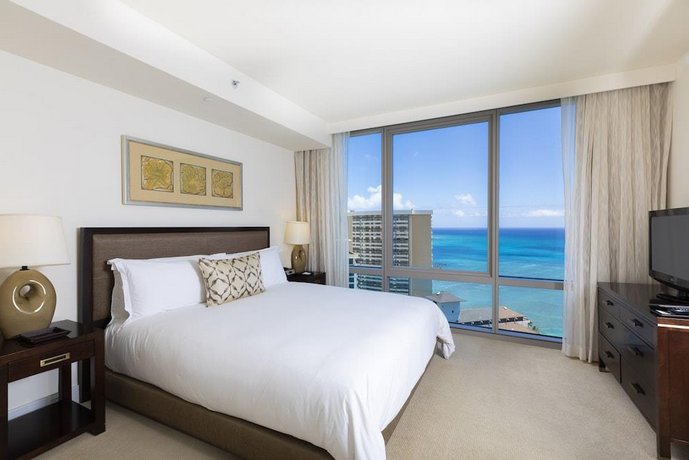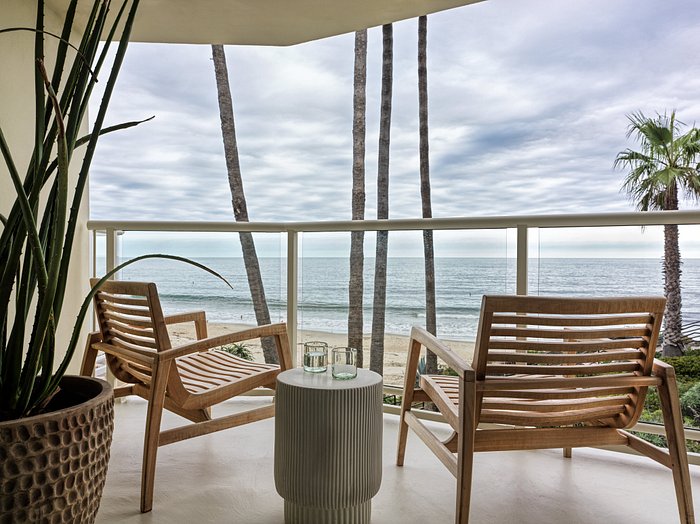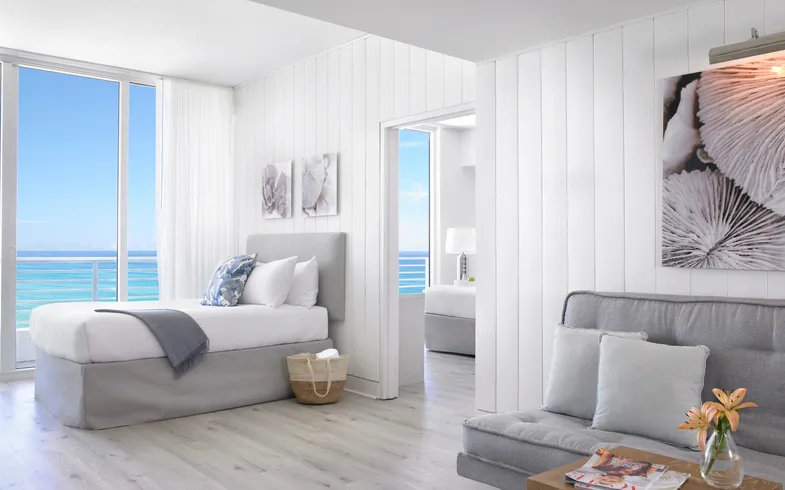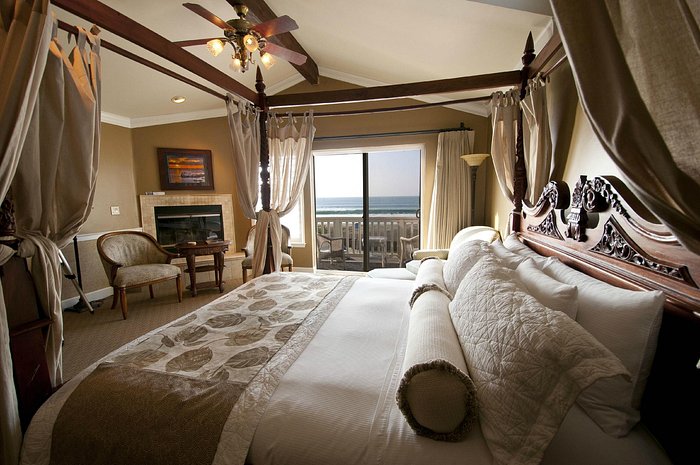Starting a bed and breakfast at a beautiful beach location can be a dream come true for many. However, it’s essential to understand the zoning laws that regulate such businesses. These laws play a crucial role in determining where and how you can operate your beachside B&B. In this article, we will delve into the details of beach bed and breakfast zoning laws, ensuring you have the necessary knowledge to embark on your hospitality venture.

What Are Zoning Laws?
Zoning laws are regulations set by local governments that dictate how land can be used in different areas. They are designed to separate residential, commercial, and industrial zones, ensuring that land use is appropriate and beneficial for the community. For bed and breakfast owners, understanding these laws is vital as they impact where you can establish your business and what modifications you can make to your property.
Why Are Zoning Laws Important for B&Bs?
For those dreaming of opening a beach bed and breakfast, zoning laws are critical. They ensure that your location is suitable for hospitality operations, preventing conflicts with residential neighborhoods. Moreover, these laws protect the interests of both business owners and residents, maintaining harmony in the community.
Types of Zoning Areas
There are several types of zoning areas that may affect your beachside B&B:
- Residential Zoning: Primarily for private homes. Opening a B&B here might require special permissions.
- Commercial Zoning: Suitable for businesses like hotels and B&Bs.
- Mixed-Use Zoning: Allows both residential and commercial activities, ideal for small B&Bs.
Steps to Understand Local Zoning Laws
When planning your beach bed and breakfast, follow these steps to navigate local zoning laws effectively:
Research Local Regulations
Start by researching the specific zoning laws in your desired area. Visit the local governments website or the office of planning and zoning for detailed information. Understanding these regulations is the first step to compliance.
Consult with Professionals
Consider hiring a zoning attorney or consultant who specializes in hospitality businesses. Their expertise can provide invaluable insights and help you navigate complex regulations.
Engage with the Community
Attend community meetings to understand how your B&B might impact the area. Engaging with locals can provide support and help you adjust your plans to align with community interests.
Common Challenges in Zoning for B&Bs
While pursuing your beach B&B dream, you may encounter several challenges:
Obtaining Permits
Securing the necessary permits can be a lengthy process. Be prepared for potential delays and ensure all paperwork is in order.
Compliance with Safety Standards
Zoning laws often include safety regulations, such as fire codes and building standards. Compliance is non-negotiable and essential for the safety of your guests.
Parking and Accessibility
Ensure that your property meets parking and accessibility requirements, as these are common issues for B&Bs located in popular beach areas.
Benefits of Following Zoning Laws
Adhering to zoning laws offers several advantages:
- Legal Security: Reduces the risk of legal challenges that could disrupt your business.
- Community Support: Aligning with local regulations fosters community goodwill and support.
- Operational Efficiency: Streamlined operations due to adherence to clear guidelines.
Case Studies: Successful Beach B&Bs
Looking at successful beach B&Bs can provide inspiration and practical insights. For instance, establishments that effectively navigated zoning laws often achieved seamless integration into their communities.
Example 1: Coastal Charm B&B
This B&B worked closely with local authorities to modify an old beach house, complying with all zoning and safety regulations. Their efforts paid off, resulting in a thriving business.
Example 2: Seaside Serenity Inn
Located in a mixed-use zone, this inn utilized community meetings to gather support and ensure their business aligned with local interests, contributing to their success.
Resources for Further Guidance
Consider visiting reputable websites such as U.S. News Travel for additional information on opening a beachside B&B. Additionally, resources like Oyster’s guide to B&Bs in the U.S. can provide valuable insights.
Conclusion
Embarking on the journey to open a beach bed and breakfast requires a thorough understanding of zoning laws. By researching, consulting experts, and engaging with the community, you can navigate these regulations successfully. Remember, compliance not only ensures legal security but also fosters community support, paving the way for a flourishing business.

FAQs about Beach B&B Zoning Laws
What permits are needed to open a beach B&B?
Permits vary by location but often include business licenses, building permits, and health and safety certifications.
Can I open a B&B in a residential area?
It is possible but may require special permissions or variances depending on local zoning laws.
How do I ensure my B&B complies with all regulations?
Hire a zoning consultant or attorney to guide you through the compliance process, ensuring all legal requirements are met.
This article contains affiliate links. We may earn a commission at no extra cost to you.






